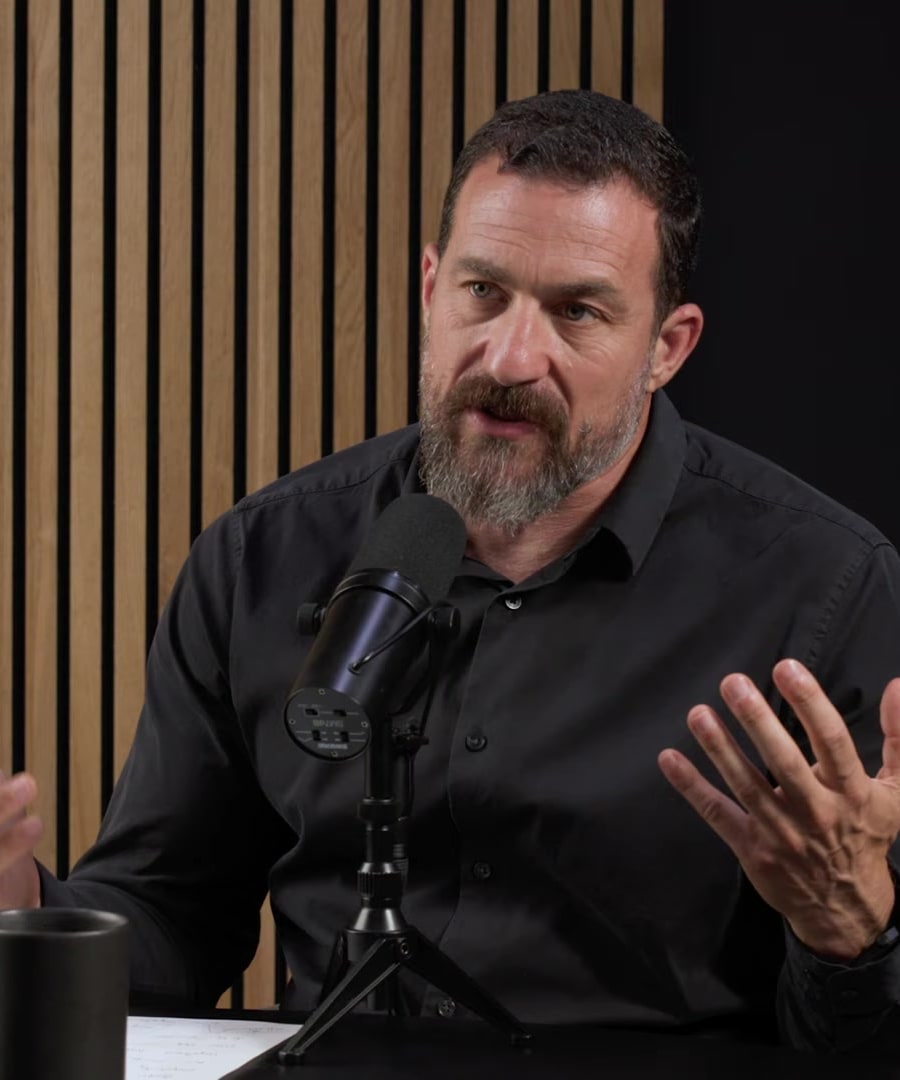Legacy
Sources:
In a conversation about legacy, and discuss how true impact is often not about grand gestures or financial endowments. They emphasize the importance of the behaviors and values modeled in everyday interactions and within families, which create cultural units—memes—that are passed down through generations. This transmission of behaviors plays a crucial role in impacting the future more significantly than many conventional forms of legacy, such as having one's name on a building. Both Ari and Andrew argue that nurturing and demonstrating positive behaviors in our daily lives is vital for shaping a better tomorrow for future generations1 2.
Ari Wallach explains that legacy is often tied to the ego, such as having one's name immortalized on a university building due to donations. However, he suggests that names and forms of recognition may fade, highlighting the need for a deeper, less ego-driven approach to future influence. Instead, they reflect on the importance of engaging with our communities and fostering a sense of connection and empathy that transcends individual accolades3.
This conversation focuses on the idea that how we act and interact daily can have a profound effect on future generations, more so than monumental acts meant for recognition.
RELATED QUESTIONS
Legacy
- RELATED QUESTIONS


